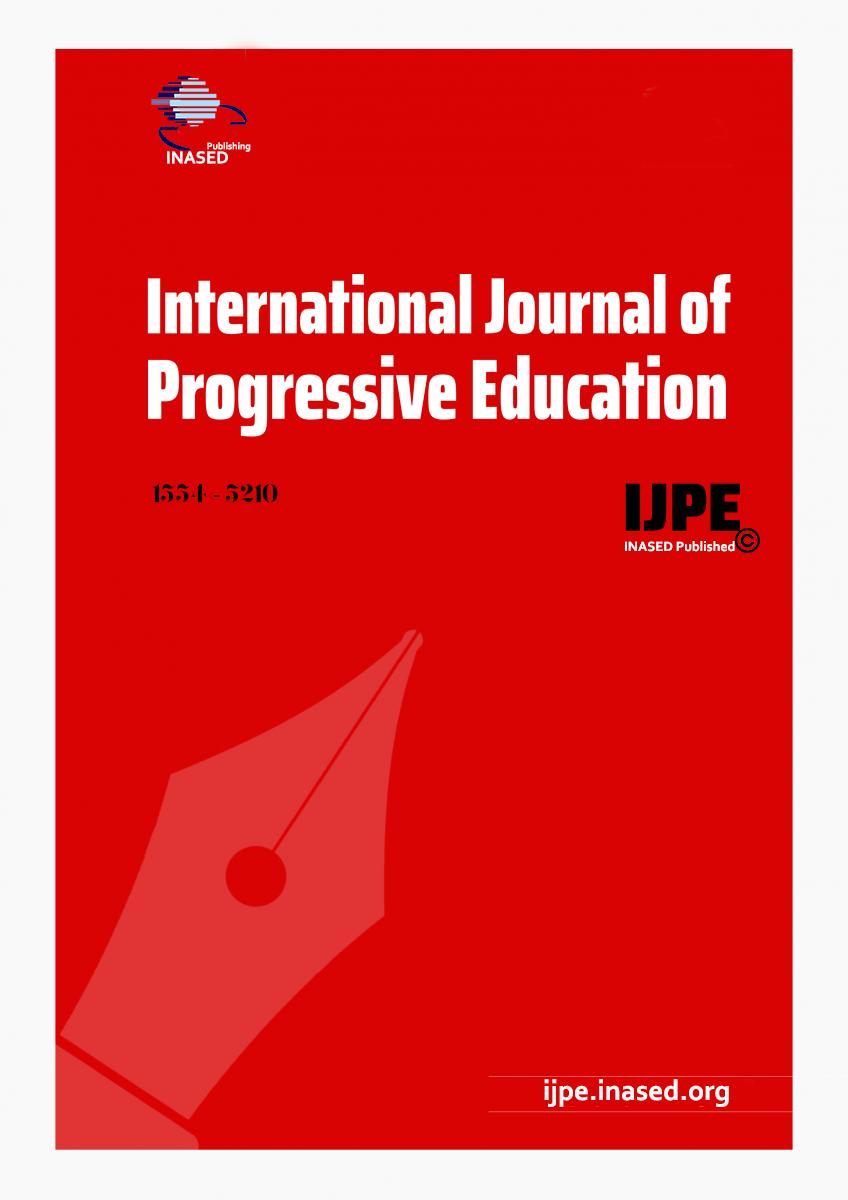- Arslan, M. (2008). Günümüzde Montessori pedagojisi [Montessori pedagogy today]. Milli Eğitim. 177, 65-79. [Google Scholar]
- Altınışık, Ş. (2014). Montessori eğitiminde metalaşma [Commodification in Montessori Education]. Eleştirel Pedagoji Dergisi [Journal of Critical Pedagogy], 35, 50-52. [Google Scholar]
- Cassirer, E. (1980). İnsan üstüne bir deneme (An essay on man). (N. Arat, Trans.), Istanbul: Remzi. [Google Scholar]
- Çotuksöken, B. (2002). Felsefe: Özne- söylem. [Philosophy: Subject- discourse.] Istanbul: İnkılâp. [Google Scholar]
- Doğru, S. S. (2009). Özel eğitimde kullanılan alternatif programlar (Montessori yaklaşımı). [Alternative programs used in special education (Montessori approach).]Tubav Bilim Dergisi, 2 (1), 107-116. [Google Scholar]
- Durakoğlu, A. (2010). Maria Montessori’ye göre çocuğun doğası ve eğitimi. [The nature and education of the child according to Maria Montessori. ]Doktora Tezi. Gazi Üniversitesi Eğitim Bilimleri Enstitüsü, Ankara. [Google Scholar]
- Durakoğlu, A. (2011). Maria Montessori’ye göre okul öncesi çocukluk döneminin özellikleri. [The characteristics of preschool childhood according to Maria Montessori.]Dicle Üniversitesi Ziya Gökalp Eğitim Fakültesi Dergisi, 16, 133-145. [Google Scholar]
- Güller, E. (2013). Çocuk kavramının felsefi antropoloji alanında ele alınması ve mimari çıkarımlar. [The concept of child in the field of philosophical anthropology and architectural implications.] Dokuz Eylül Üniversitesi Edebiyat Fakültesi Dergisi, 2 (3), 1-12. [Google Scholar]
- Güral, M. (2015). Montessori eğitim yaklaşımında çocuğun özgürlüğü, [Freedom of the child in the Montessori educational approach] International Journal of Social Science, (37),447-457. [Google Scholar]
- Danişman, Ş. (2012). Montessori yaklaşımına genel bir bakış ve eğitim ortamının düzenlenmesi. [An overview of the Montessori approach and the organization of the educational environment.]Eğitimde Politika Analizi Dergisi, [Journal of Policy Analysis in Education]1 (2), 85-113. [Google Scholar]
- Hartman, N. (2005). Ontolojide yeni yollar (New ways of ontology). (L. Yarbaş, Trans.), İzmir: İlya. [Google Scholar]
- Kant, I. (2018). Eğitim üzerine (Über Pädagogik). (S. E. Berkman, Trans.). İstanbul: İz. [Google Scholar]
- Kant, I. (2007). Eğitim üzerine‐toplu eserleri‐1 ruhun eğitimi- ahlaki eğitim. [His collective works on education-1 education of the soul- moral education](A. Aydoğan, Trans.), İstanbul: Say. [Google Scholar]
- Koçyiğit, S. & Kayılı, G. (2008). Montessorri eğitimi alan ve almayan anaokulu öğrencilerinin sosyal becerilerinin karşılaştırılması.[Comparison of social skills of kindergarten students with and without Montessori education.] Selçuk Üniversitesi Sosyal Bilimler Enstitüsü Dergisi, 20, 511–516. [Google Scholar]
- Lloyd, K. M. (2008). An analysis of Maria Montessori‘s theory of normalization in light of emerging research in self-regulation, Unpublished Doctoral Dissertation, Oregon State University, Oregon. [Google Scholar]
- Malloy, T. (1989). Montessori ve çocuğunuz (Montessori and your child) (F. Öztaş & C. Gülten, Trans.). Ankara: Hatiboğlu. [Google Scholar]
- Mengüşoğlu, T. (1949). Kant ve Scheler’de insan problemi “felsefi anthropologi için kritik bir hazırlık.[In Kant and Scheler, the human problem is “a critical preparation for philosophical anthropology.] Istanbul: Pulhan Matbaa. [Google Scholar]
- Mengüşoğlu, T. (1959). Ontolojik esaslara dayanan felsefi antropoloji hakkında düşünceler. [Thoughts on philosophical anthropology based on ontological principles.]Felsefe Arkivi, 4(2), 1-8. [Google Scholar]
- Mengüşoğlu, T. (2015). İnsan felsefesi. [Human philosophy]Ankara : DoğuBatı Yayınları. [Google Scholar]
- Montessori, M. (1997). Çocuk eğitimi/Montessori metodu [The screet of chidhood] (5.Baskı). (G.Yücel, Trans.). Ankara:Özgür Yayınları [Google Scholar]
- Montessori, M. (1999). Annelik sanatı.[The art of motherhood] (C. Külhanbeyi, Trans.). İstanbul: Bahar. [Google Scholar]
- Montessori, M (2002). The montessori method. New York: Dover Publications. [Google Scholar]
- Montessori, M. (2015). Emici zihin (The abzorbent mint) (O. Gündüz, Trans.). İstanbul: Kaknüs. [Google Scholar]
- Montessori, M. (2016). Çocuğun keşfi (The discovery of the child) (O.Gündüz, Trans.). İstanbul: Kaknüs. [Google Scholar]
- Morrison, G. S. (2007). Early childhood education today. Melbourne: Merrill Publishing Company. [Google Scholar]
- Oğuz, V. & Akyol, A. (2006). Çocuk eğitiminde Montessori yaklaşımı. [Montessori approach in child education.] Ç.U. Sosyal Bilimler Enstitüsü Dergisi, 15 (19), 243-256. [Google Scholar]
- Scheler, M. (1988). İnsanın kosmostaki yeri (Die stellung des Menschen im Kosmos) (T. Mengüşoğlu, Trans.), İstanbul: Yaprak. [Google Scholar]
- Zarybnisky, E. M. (2010). A ray of light: A mixed-methods approach to understanding why parents choose Montessori education. PHD. Faculty of The Graduate College at the University of Nebraska, Lincoln. [Google Scholar]
|


